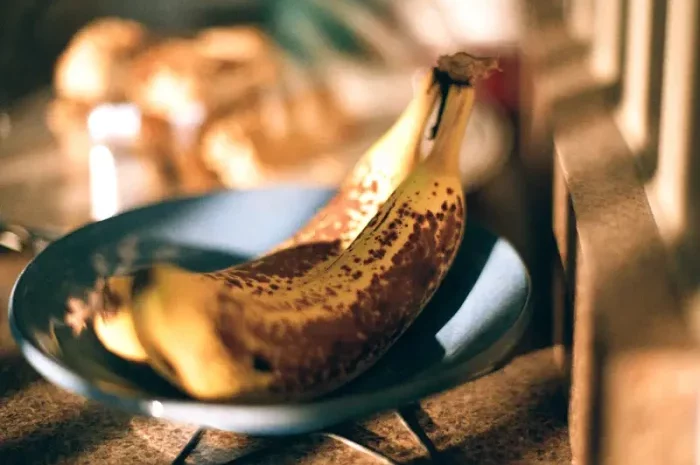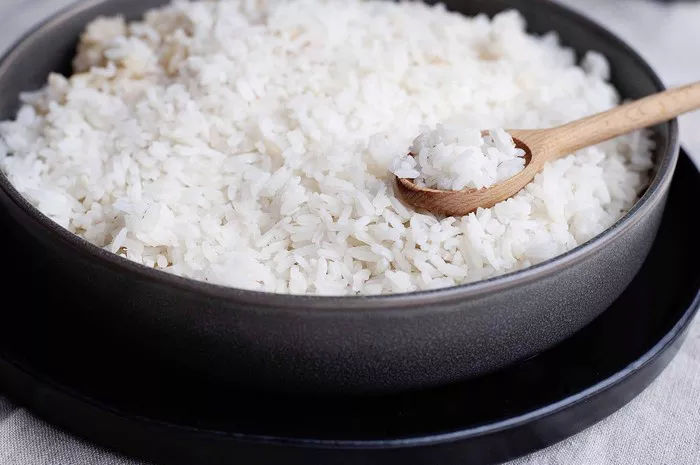Managing diabetes involves careful attention to diet, particularly the consumption of fruits. While fruits are a natural source of essential vitamins, minerals, and fiber, they also contain carbohydrates, which can impact blood sugar levels. This article will explore which fruits are suitable for diabetic patients, how to incorporate them into a balanced diet, and the health benefits they provide.
Understanding Diabetes and Carbohydrates
Diabetes is a chronic condition characterized by elevated blood sugar levels. The body either does not produce enough insulin or cannot effectively use the insulin it produces. There are two main types of diabetes:
Type 1 Diabetes: An autoimmune condition where the body cannot produce insulin.
Type 2 Diabetes: More common and often associated with lifestyle factors. The body becomes resistant to insulin or doesn’t produce enough.
Both types require careful management of carbohydrate intake, as carbohydrates directly affect blood sugar levels. Fruits, while healthy, contain natural sugars, which are carbohydrates. Therefore, it’s essential to choose fruits wisely.
How Carbohydrates Affect Blood Sugar
When you eat carbohydrates, they are broken down into glucose (sugar) in the bloodstream. This prompts the pancreas to release insulin, helping cells absorb glucose for energy. However, people with diabetes may have difficulty managing blood sugar levels, leading to spikes or drops.
The key is to focus on the type and amount of carbohydrates consumed. Fruits vary in their glycemic index (GI), which measures how quickly a food raises blood sugar levels. Low-GI fruits are absorbed more slowly, making them better options for diabetic patients.
Benefits of Eating Fruits for Diabetic Patients
Despite concerns about sugar content, fruits offer numerous health benefits, especially for diabetic patients:
Rich in Nutrients: Fruits provide essential vitamins and minerals, such as vitamin C, potassium, and folate, crucial for overall health.
High in Fiber: Many fruits are high in dietary fiber, which helps regulate blood sugar levels and promotes digestive health. Fiber slows down the absorption of sugar, leading to more stable blood glucose levels.
Antioxidant Properties: Fruits contain antioxidants that help combat oxidative stress and inflammation, both of which are linked to diabetes complications.
Low in Calories: Most fruits are low in calories and can be a healthy snack option, aiding in weight management.
Hydration: Many fruits have high water content, helping to keep the body hydrated.
Best Fruits for Diabetic Patients
Here is a comprehensive list of fruits that are considered suitable for diabetic patients. These fruits have low to moderate GI values and provide various health benefits.
1. Berries
Berries are among the best fruit options for people with diabetes. They are low in sugar and high in fiber.
Blueberries: Rich in antioxidants, blueberries can improve insulin sensitivity and lower blood sugar levels.
Strawberries: Low in carbs and high in fiber, strawberries can help improve heart health and regulate blood sugar.
Raspberries: Packed with fiber, raspberries have a low GI and can help stabilize blood sugar levels.
2. Apples
Apples are a convenient snack and are high in fiber, especially in the skin. They have a low GI and can help control blood sugar levels.
Benefits: Apples are rich in vitamin C and various antioxidants. They can also promote heart health.
3. Oranges and Citrus Fruits
Citrus fruits like oranges, lemons, and grapefruits are rich in vitamin C and fiber.
Low GI: Oranges have a moderate GI and can help improve insulin sensitivity.
Hydration: These fruits are also hydrating due to their high water content.
4. Cherries
Cherries are low in calories and have a low GI. They are rich in antioxidants and can help reduce inflammation.
Benefits: Eating cherries may lower the risk of type 2 diabetes and improve overall metabolic health.
5. Pears
Pears are high in fiber and have a low GI. They can help regulate blood sugar levels and promote digestive health.
Nutrient-Rich: Pears provide essential vitamins like vitamin C and potassium.
6. Peaches
Peaches are a juicy fruit that can satisfy sweet cravings without spiking blood sugar.
Low in Calories: They are low in calories and provide vitamins A and C.
7. Kiwi
Kiwis are nutrient-dense fruits that are low in sugar and have a moderate GI.
Benefits: They are high in fiber and can help regulate blood sugar levels. Kiwis also contain vitamin C and potassium.
8. Avocado
Though technically a fruit, avocados are low in sugar and high in healthy fats.
Health Benefits: They can help improve cholesterol levels and support heart health, which is vital for diabetic patients.
9. Watermelon
Watermelon is hydrating and can be enjoyed in moderation. It has a high GI, but its low calorie content and high water content can make it suitable in small portions.
Nutritional Value: Watermelon contains vitamins A and C, and its high water content can help with hydration.
10. Grapes
Grapes can be enjoyed in moderation. They have a moderate GI but are rich in antioxidants.
Heart Health: Grapes can promote heart health and provide essential vitamins and minerals.
11. Plums
Plums are low in calories and have a low GI. They can be a great addition to a diabetic diet.
Benefits: Rich in vitamins C and K, plums can support immune function and overall health.
12. Apricots
Apricots are low in calories and have a low GI. They can be enjoyed fresh or dried.
Nutritional Benefits: They provide vitamins A and C and are a good source of dietary fiber.
How to Incorporate Fruits into a Diabetic Diet
Incorporating fruits into a diabetic diet requires careful planning and moderation. Here are some practical tips:
1. Portion Control
Pay attention to serving sizes. A small piece of fruit or a half-cup of berries is generally a good serving for a diabetic patient.
2. Pairing with Protein or Healthy Fats
Combining fruits with protein or healthy fats can help slow the absorption of sugar. For example, pair apple slices with nut butter or add berries to yogurt.
3. Choose Whole Fruits Over Juices
Whole fruits are preferable to fruit juices, which can be high in sugar and lack fiber. When consuming fruit juice, opt for unsweetened varieties and limit portions.
4. Monitor Blood Sugar Levels
Track how different fruits affect your blood sugar. This can help you identify which fruits work best for your individual needs.
5. Use Fruits as Snacks
Fruits can be a healthy snack option between meals. Instead of reaching for processed snacks, opt for a piece of fruit.
6. Incorporate Fruits into Meals
Add fruits to salads, smoothies, or oatmeal. This can enhance flavor and nutritional value.
7. Be Mindful of Dried Fruits
Dried fruits can be high in sugar. If you choose to include them, do so in moderation and watch portion sizes.
Fruits to Limit or Avoid
While many fruits are suitable for diabetic patients, some should be limited due to their higher sugar content or glycemic index:
1. Bananas
Bananas are higher in carbohydrates and sugar compared to other fruits. While they can be consumed in moderation, it’s essential to monitor portion sizes.
2. Pineapple
Pineapples have a higher glycemic index and can lead to rapid spikes in blood sugar levels. Limit intake and consider smaller portions.
3. Mangoes
Mangoes are delicious but high in sugar. If consumed, do so in moderation and pair them with protein or healthy fats.
4. Figs
Figs are high in sugar and can lead to elevated blood glucose levels. It’s best to limit their consumption.
5. Grapefruit
While grapefruits are nutritious, they can interact with certain medications. Consult with a healthcare provider if you take medications for diabetes.
Consulting a Healthcare Professional
Before making significant dietary changes, it’s essential for diabetic patients to consult with a healthcare professional or a registered dietitian. They can provide personalized recommendations based on individual health needs and preferences.
Conclusion
Fruits can be a valuable part of a diabetic diet when chosen wisely and consumed in moderation. Low to moderate GI fruits, such as berries, apples, and pears, offer essential nutrients and health benefits while helping to manage blood sugar levels. Incorporating fruits into meals and snacks, along with monitoring portion sizes, can contribute to a balanced diet that supports overall health.
Remember, each person with diabetes may react differently to various foods. Therefore, it’s crucial to monitor blood sugar levels and consult with a healthcare professional for tailored dietary advice. With the right approach, fruits can enhance your diet and provide a delicious source of nutrients.
Related topics:
How Many Carrots Can a Diabetic Eat a Day?



























